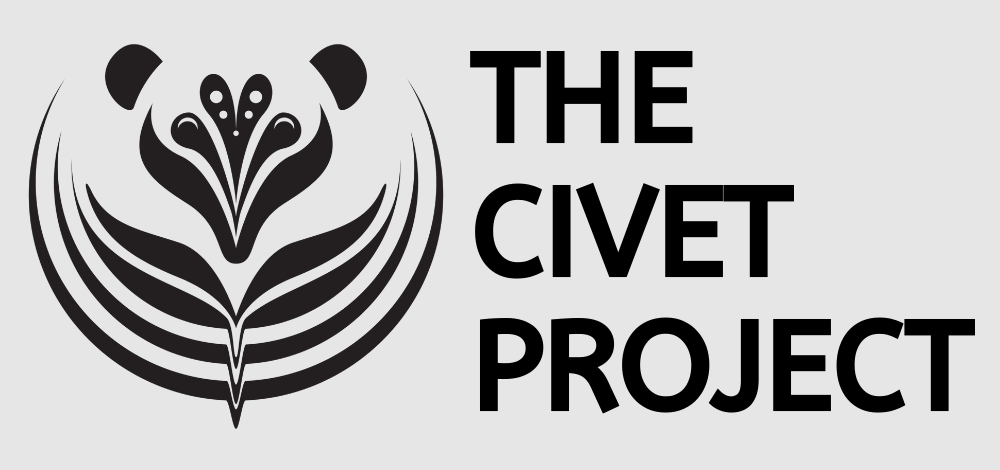The Prosimian Taxon Advisory Group (TAG)
The Prosimian Taxon Advisory Group (TAG) examines the sustainability and conservation needs of the prosimian taxon. The group provides suggestions and coordination toward specific conservation goals for lemurs, lorises and tarsiers. Each TAG is composed by expert advisors who help support and manage cooperative animal management programs.
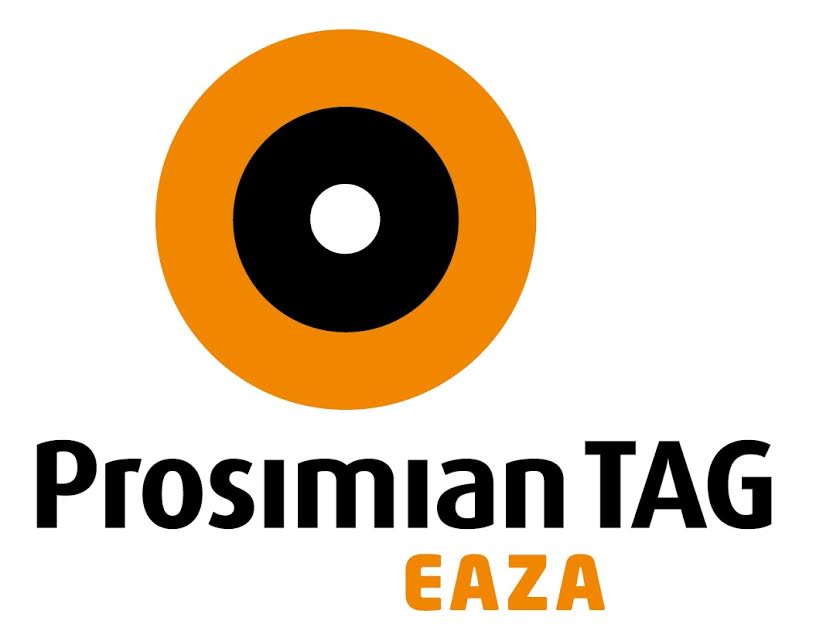
Bangladesh Slow Loris Research & Conservation Project
Project for Slow Loris Research and Conservation in Bangladesh aims to
determine density of Slow Loris population in Satchari National Park using camera trapping and other methods; Estimate total population of Bengal slow loris in Satchari National Park; quantify behaviour of Bengal slow lorises; determine Bengal slow loris habitat characteristics.
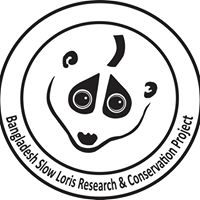
The Kukang Rescue Program
Here is a short description of the program:
The main goal of The Kukang Rescue Program is to reduce illegal wildlife trade, especially in the protected species of Greater and Hiller’s slow lorises (not only) in North Sumatra. Activities of the Program include cooperation with local government agencies on enforcement of laws protecting slow lorises, operation of a rescue and rehabilitation centre for confiscated animals, raising awareness about the illegal trade in animals and about nature conservation, community engagement activities, and capacity building activities.
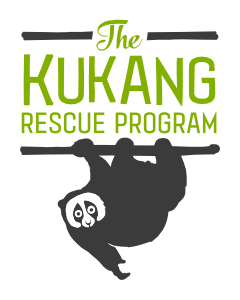
Asian Species Action Partnership
Asian Species Action Partnership (ASAP) is an interagency coalition created to address the extinction risk among the most threatened non-marine vertebrates of Southeast Asia. ASAP is uniting organisations within the international conservation community to minimise the impending extinctions in SE Asia, where habitat loss, trade and hunting have contributed to a dramatic loss of its rich and incredible biodiversity.
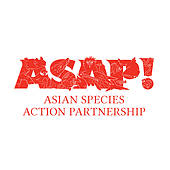
Cikananga Wildlife Center, Java
Cikananga Wildlife Center is a non-governmental and non-profit organisation for the conservation of Indonesian Wildlife. The Center rescues, rehabilitates and in some cases, reintroduces animals to their habitat. They also carry out conservation awareness, education and training programmes for communities and agencies.
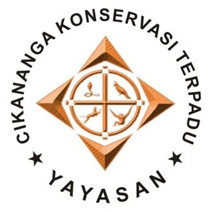
International Primate Protection League
International Primate Protection League (IPPL) have been promoting the conservation and protection of all primates since 1973. IPPL is a non-profit organisation which strives for a world where all primates can thrive in their natural habitats. They offer advice and financial support to rescue centres and activities which promote the well-being of primates, fight the illegal trafficking of primates, and are heavily involved in campaigns and publicising the plight of abused primates.
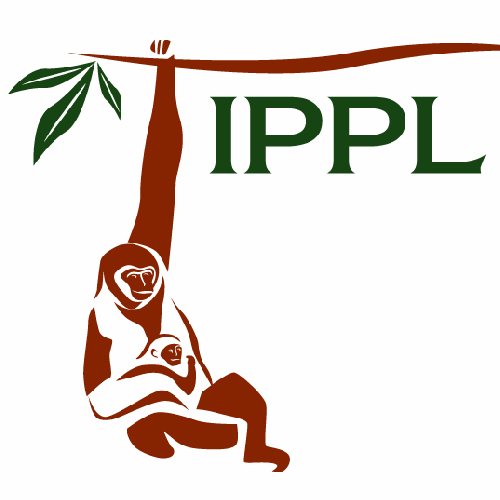
Japan Wildlife Conservation Society, Japan
The Japan Wildlife Conservation Society (JWCS) is a non-profit organisation which aims to conserve wildlife by establishing a culture of co-existence through understanding and communicating how the consumption habits and economic activities of Japanese people are affecting wildlife. JWCS began in 1990, and is a domestic Japanese NGO which participates in CITES on the matter of wildlife conservation, and also in the Convention on Biological Diversity (CBD) since 2010.

Love Wildlife, Thailand
Love Wildlife is a Thai non-profit foundation dedicated to the protection of Southeast Asian wildlife through education and outreach. The foundation works closely with the Department of National Park, Wildlife and Plant Conservation to assist with the animals confiscated from the wildlife trade. Their main collaboration is with the Bang Phra Water Bird Breeding and Conservation Center in Chonburi, home to a Slow Loris conservation project. We believe that prevention is the key in helping this species and do so through our education and outreach programs. Our center tours and #SAVETHELORIS photo campaign are examples of our efforts.
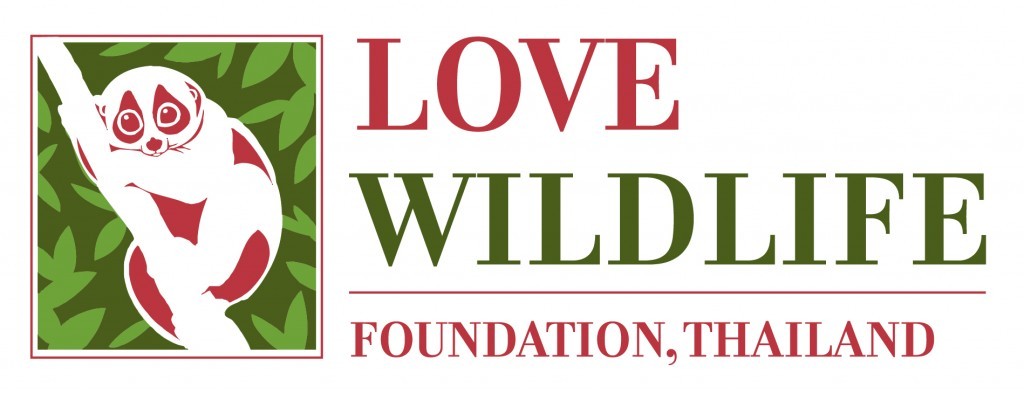
Project Anoulak, Laos
Project Anoulak is a wildlife conservation organisation initiated in 2012, located in the Nakai-Nam Theun National Protected Area (NNTNPA) in central-eastern Laos. The project takes a multidisciplinary approach to safeguarding the biodiversity of NNTNPA and supporting the sustainable livelihood of local communities. They employ four main components; 1) scientific research, 2) capacity building, 3) habitat protection and 4) environmental education and community involvement.
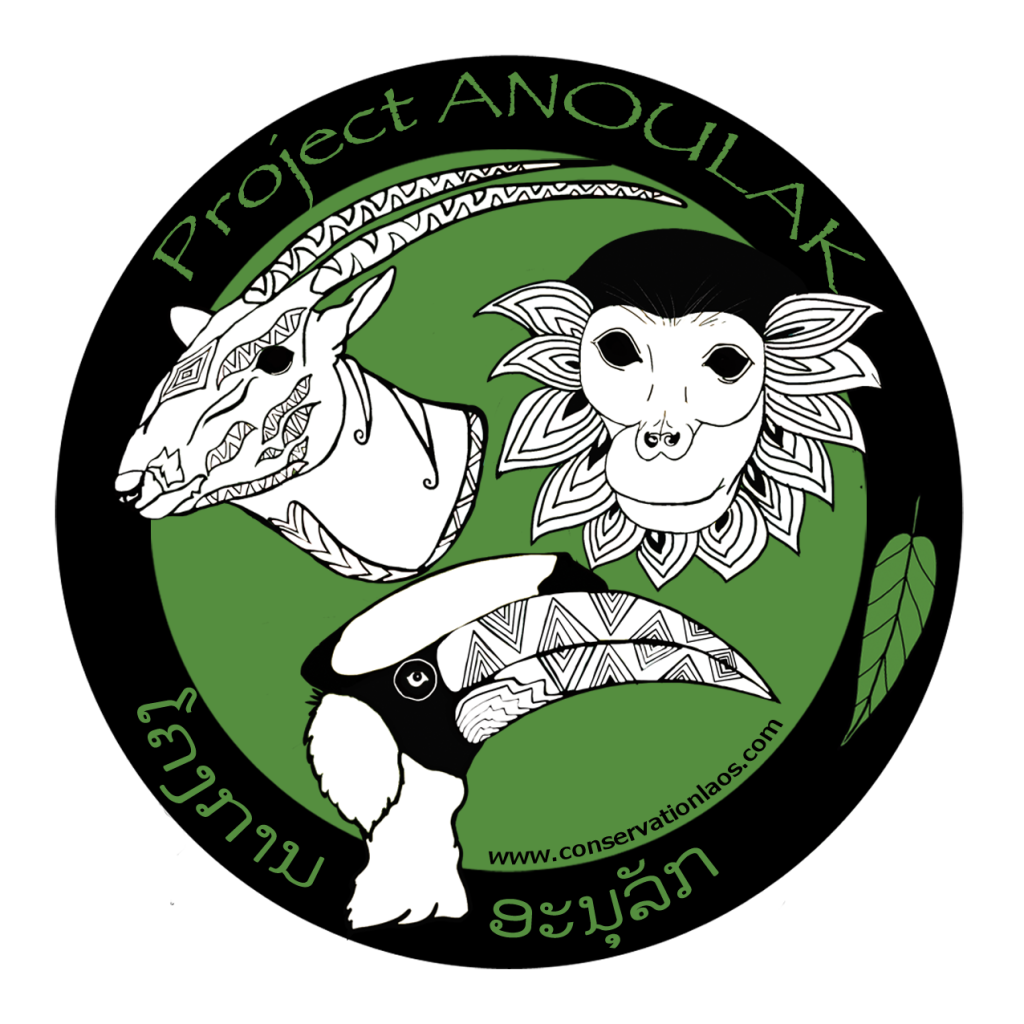
Selamatkan Yaki, Sulawesi
Selamatkan Yaki is a conservation, research and education programme dedicated to securing a better future for the Critically Endangered Sulawesi crested black macaque. They collaborate with partnerships both in-situ and ex-situ, using research, education, and improving ecotourism infrastructure and sustainable development to address their conservation objectives.
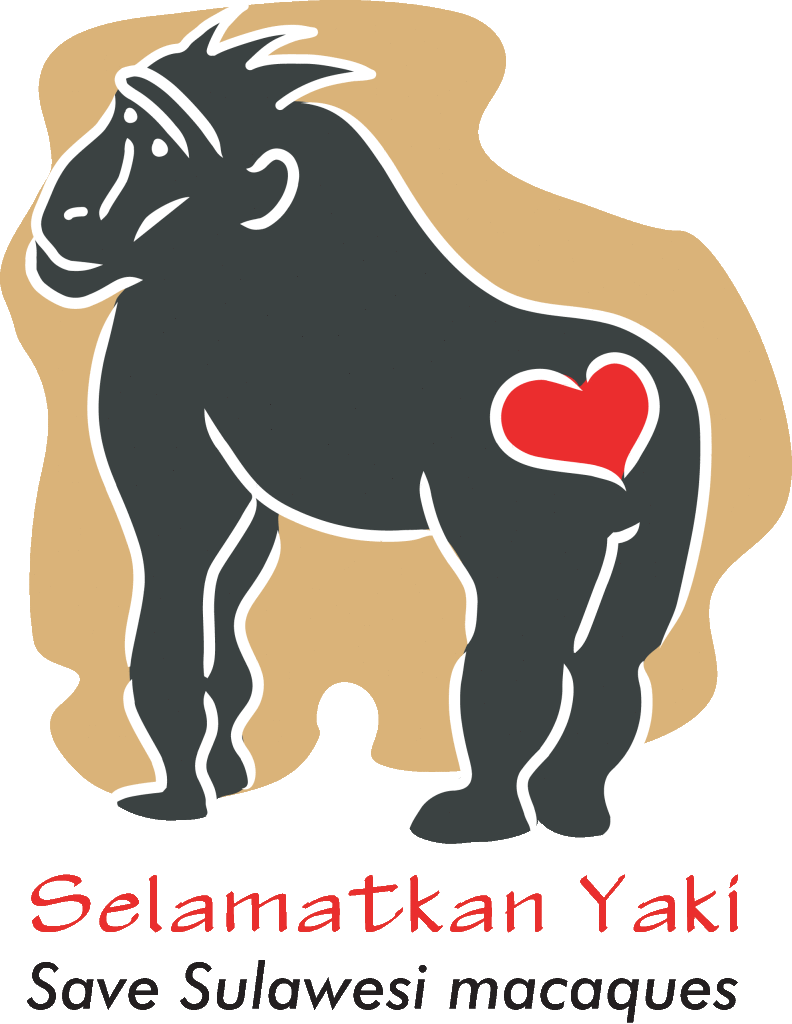
Endangered Asian Species Trust
EAST (the Endangered Asian Species Trust) is a charity working to find sustainable solutions to conservation issues in Asia, starting with endangered primates in South Vietnam.
EAST is a charity that invests in sustainable wildlife conservation, the people it influences and those who influence it, in South East Asia.
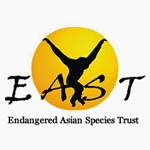
Cuc Phuong Endangered Primate Rescue Center (EPRC)
The EPRC is home to 180 rare primates, which are either confiscated by Vietnamese authorities or born at the Center. We operate with a vision of a future where the worlds biodiversity is valued, and the primates of Vietnam are secure in a diverse and healthy habitat.
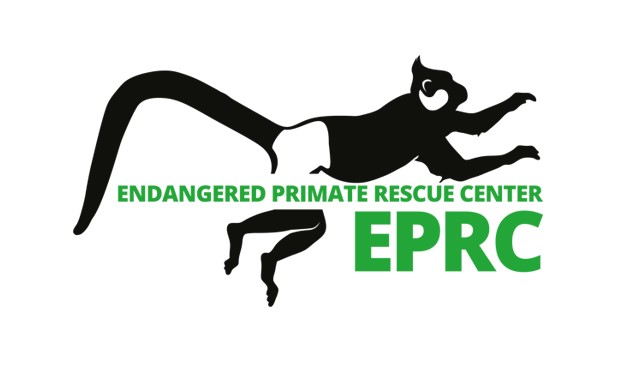
Protectors of the Endangered
Protectors of the Endangered is a 501 (C) 3 non-profit organization dedicated to improving children’s literacy and inspiring the next generation of young learners to protect each other and our planet. Protectors of the Endangered provides the engaging original chapter book series, Avery and Masa, with a STEAM-based curriculum, at no charge.
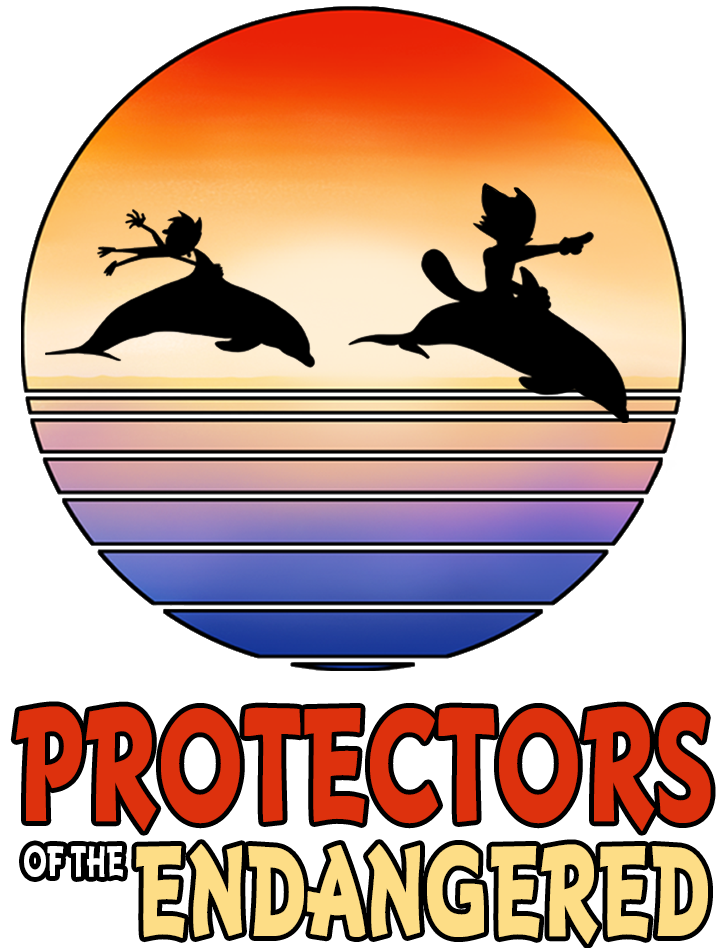
Universitas Gadjah Mada
Universitas Gadjah Mada (UGM) is one of the oldest universities in Indonesia, with 18 faculties. Through Oxford Brookes University, LFP has an MOU with UGM, working together with researchers and students to study Indonesia’s unique wildlife. We work especially with the Faculty of Forestry and its Wild Animal Laboratory.
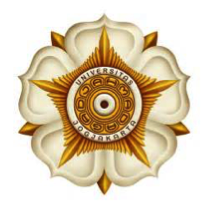
The Civet Project
The Civet Project Foundation‘s mission is to promote the conservation and welfare of species within the Viverridae family, a highly enigmatic yet ancient family of carnivores. Jes Hooper founded the Civet Project in 2019 to address the lack of civet representation in the public, academic, and conservation spheres despite the numerous threats they face. The organisation is currently in the process of registering as a charitable foundation.
